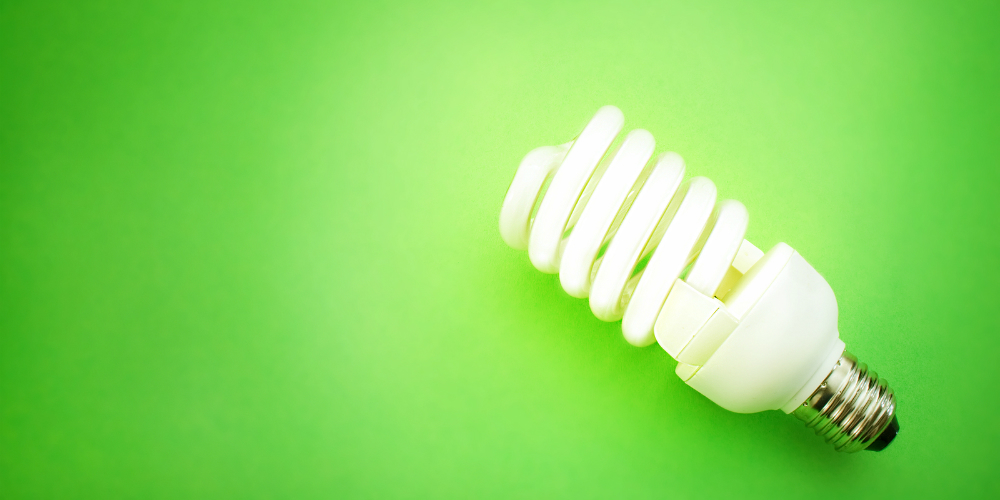It may be a few months away, but remember the House Stark’s words, “winter is coming,” and with it come extra expenses on keeping warm. A large part of the country will be experiencing lower than average temperatures this winter, but the whole nation can save money by taking time now to prepare and weatherproof. Consider these tips to maximize your savings before the snow starts falling.
Keep it cool
When you get home, leave the sweater on, grab a blanket or light a fire in the fireplace to save some real money. You can save 5 percent on heating costs for every degree you drop your thermostat in the 60-70 degree range, according to the California Energy Commission’s Consumer Energy Center.
Check for drafts
The best way to lower your winter energy bill is to reseal your home to keep the cold out. By insulating windows, installing window coverings, and sealing drafts around chimneys, cabinets, and closets, you can find the largest return that doesn’t require any lifestyle changes.
Have your furnace inspected
The last thing you want is for your heating to go out in the middle of the winter, though arguably you would save quite a bit of money. In most markets you can spend around $100 to get your system inspected by a professional who can identify any duct leaks, intake blockages, mechanical failings, electronic failings and more.
Harness the sun
At night you should have your blinds and thick curtains closed to prevent the escape of heat, but in the mornings open them up to let in as much sunlight – and free, natural heat as possible.
Watch your increased waste
For most of us, winter means we are spending more time inside. We escape the cold weather with the assistance of our electronics. Though you should be mindful of all of those idle gadgets as they are eating up a significant amount of power. The EPA estimates that idle gadgets waste more than 100 billion kilowatt hours of electricity annually, costing consumers $10 billion a year. Make sure you unplug every device that you aren’t actively using to keep the cost low.







